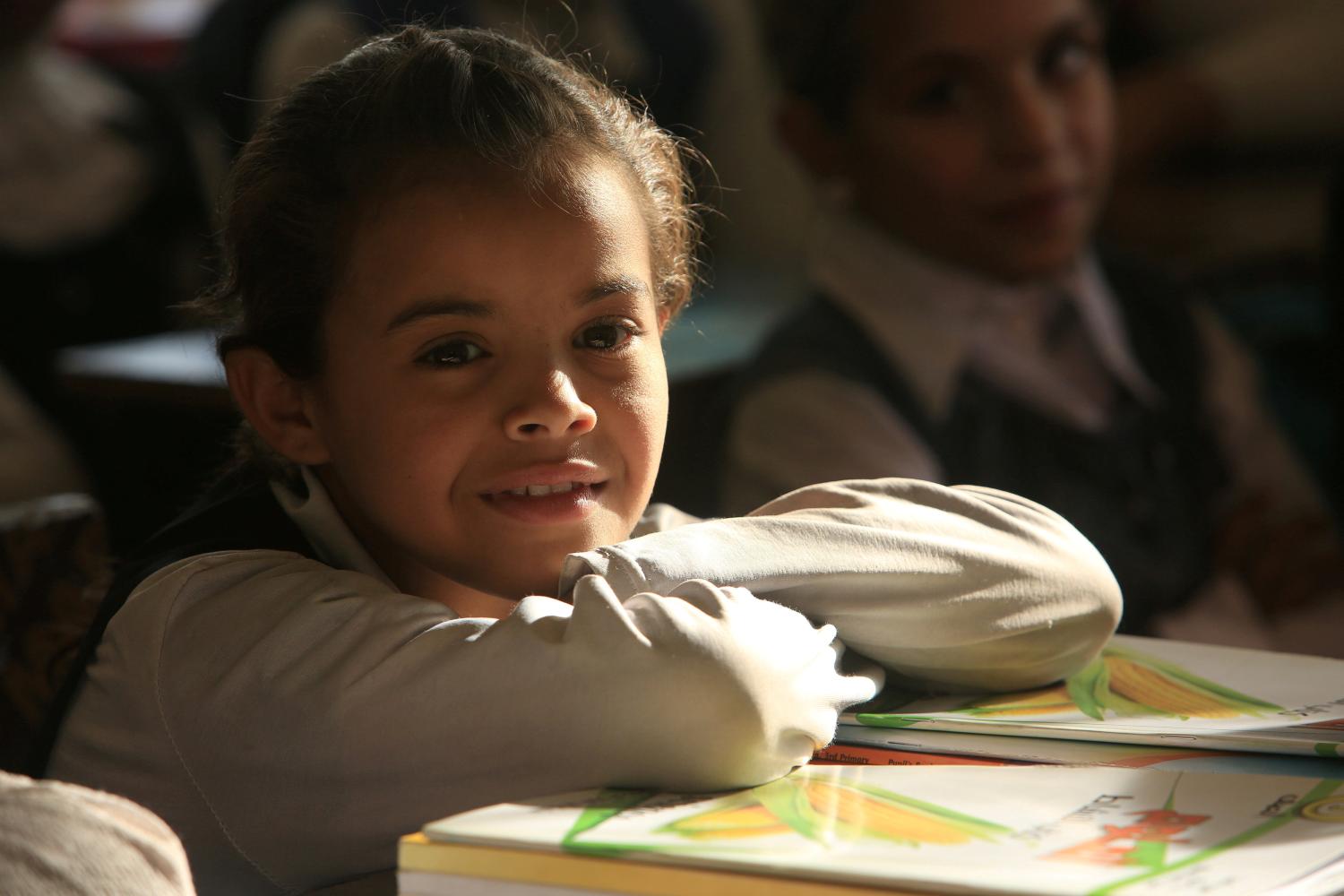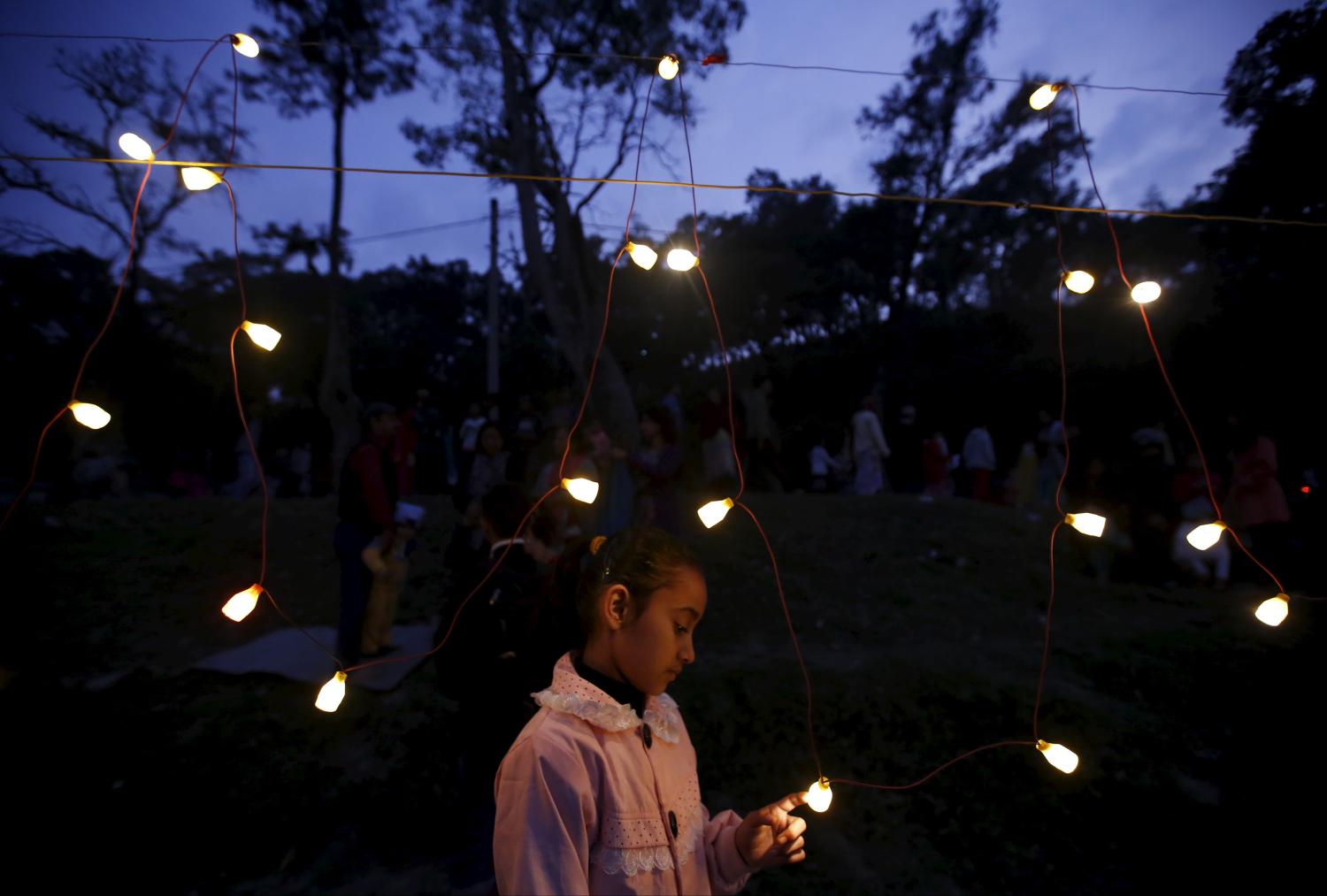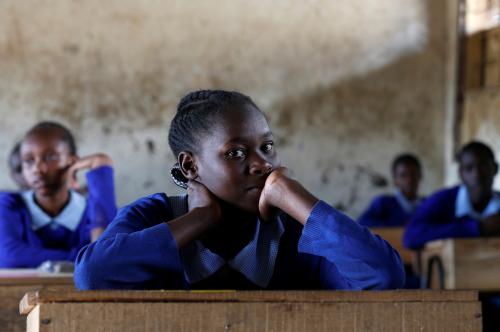Uganda has recognized girls’ quality education as essential to increasing gender equity, equality, girls’ empowerment, and economic development. In recent years, the government has introduced several policies to empower girls. For example, the education sector prioritizes the importance of girls’ access to quality education, and their retention and equality. The government has also developed policies to use gender-sensitive pedagogy—ensuring that all students have equal opportunities to learn and that stereotypical gender roles do not impose limitations on development.
In the last three years alone, there has been significant progress in girls’ access and retention. In fact, the primary net enrollment ratio increased from 89 percent for boys and 93 percent for girls in 2016, to 93 percent for boys and 99 percent for girls in 2017. Despite these gains, girls in Uganda miss out on key opportunities to gain skills because they are not being actively engaged in their studies as equally as boys. Despite its push toward gender-sensitive pedagogies, evidence suggests that the government has not yet been successful in getting teachers and school administrators to adopt their use in the classroom.
In my policy brief, “Gender-sensitive pedagogy: The bridge to girls’ quality education in Uganda,” I explore the national education policies that support the use of gender-sensitive pedagogy and how they translate into practice at the classroom level. My findings suggest that, although gains have been reported in recent years for girls in education, there are still some challenges when it comes to translating policies supporting gender-sensitive pedagogy in improving girls’ education into practice at school levels. Furthermore, gender-sensitive pedagogy has not yet been fully defined in policy frameworks and guidelines. Specifically, it is not clear how teachers should use gender-sensitive strategies in their classrooms.
Relatedly, this brief revealed that many teachers do not understand what being gender-sensitive in the classroom means. At some schools, girls are still subjected to gender biases, which undoubtedly limits their potential and empowerment. Teachers’ perceptions of girls were more negative than their perception of boys. Girls were perceived to have low self-esteem, not participate in classes, and be better in arts subjects, versus boys who were perceived as more assertive and better in science subjects. An experiment conducted by Robert Rosenthal, a Harvard professor, showed that a teacher’s expectations can influence how a student performs.
Education policies and teachers play an important role in challenging gender stereotypes that can liberate students from gender margins. However, policies should not be ambiguous, and teachers should be able to recognize and reflect on their biases. When policies are not clear and teachers do not know how to implement them, it will be hard to see the desired outcomes. That is partly why gender biases still exist in the classrooms.
In this video, Hawah Nabbuye, 2018 Echidna Global Scholar, describes her work on national education policies in Uganda that support the use of gender-sensitive pedagogy and how they translate into practice at the classroom level.
To support better implementation, we need better teacher training and support. For this to happen, we need to improve school administrators and teachers’ understanding of policies and continue in-service training. For instance, if we train only teachers at the pre-service level, these teachers will face resistance and frustration from the in-service teachers that are more senior. Finally, we know that such initiatives can be challenging for the government to implement alone. It is therefore imperative to proactively work with community-based and non-government organizations to leverage their outreach and technical capabilities to support with implementation.
Studies show that non-governmental organizations have been successful in helping the government solve challenges in the education sector. In Uganda, there are several organizations like Educate!, Forum for African Women Educationalists, and Promoting Equality in African Schools that are working to improve the quality of education by providing different services like teacher training and supplementing the curriculum and school administration trainings. They are instrumental in working with schools to support the implementation of gender-sensitive pedagogy.
To truly achieve the promise of education, we must think about quality and make sure girls are empowered in the process. Through how we are taught, we learn what we can do. Making Uganda’s classrooms gender-sensitive requires clear policies, teacher training, and ongoing teacher support. The government has the opportunity to engage school administrators, teachers, and organizations to collectively review policies and practices that will lead to implementation.
The Brookings Institution is committed to quality, independence, and impact.
We are supported by a diverse array of funders. In line with our values and policies, each Brookings publication represents the sole views of its author(s).









Commentary
More than policies are required to implement gender-sensitive pedagogy in Uganda
November 6, 2018